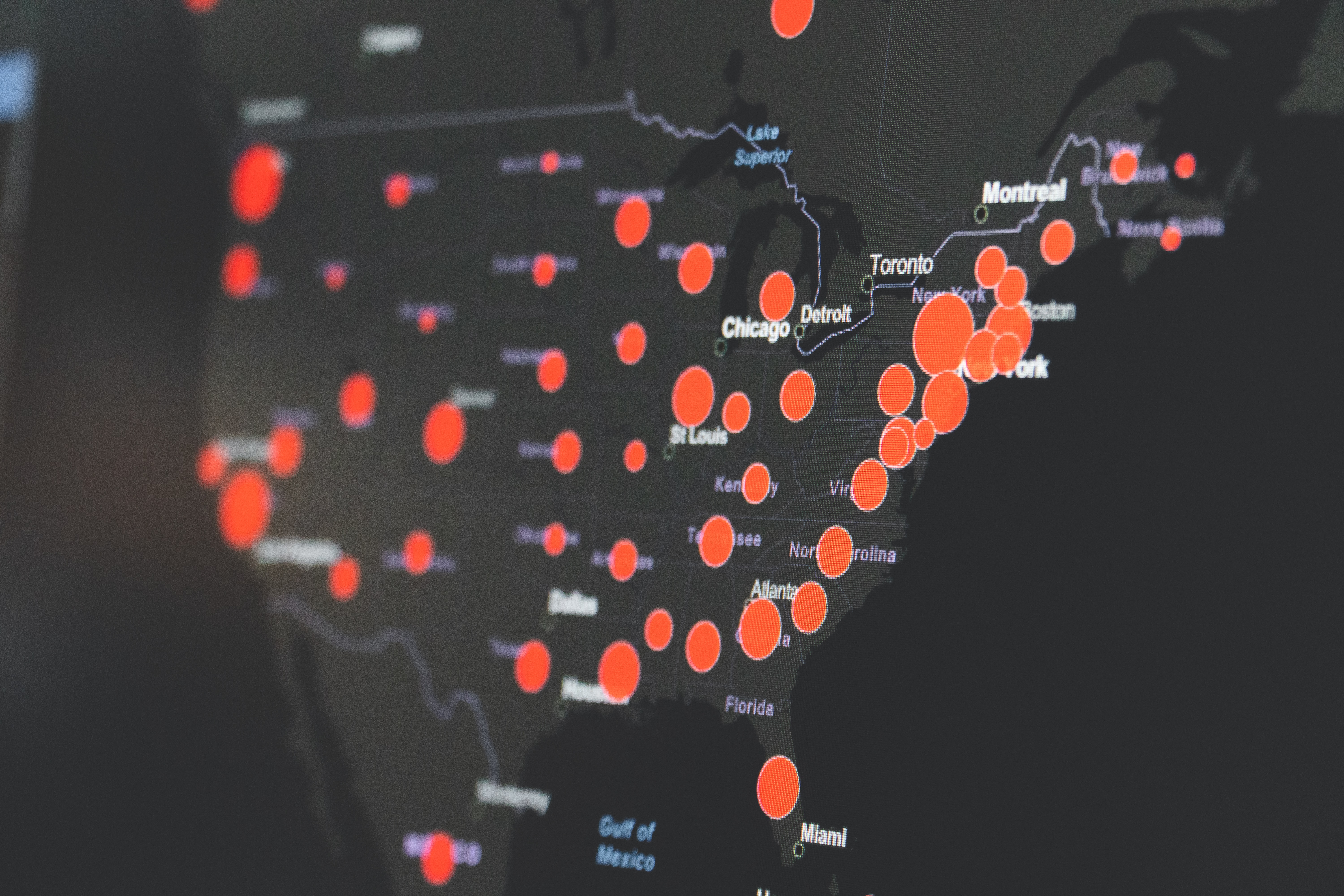Your Rights and Protections Under the CARES Act
In response to the spread of the COVID-19 coronavirus, the federal Government passed the Coronavirus Aid, Relief, and. Economic Security CARES) Act in March 2020. The bill providing expanded access to healthcare. Take a look below at how these changes may impact you and your family.
Through the passage of the CARES Act, private health plans must cover COVID-19 testing free of charge.
Covering Tests and Future Treatments and Vaccines: The CARES Act expands coverage of testing, covering any future vaccine under Medicare Part B—no deductibles. There is no cost for people on Medicaid—for the uninsured, there is a state option to provide vaccine coverage (through Medicaid). Eliminates price gouging for COVID diagnostic testing.
Relief for Health Care Providers: Hospitals treating COVID-19 patients on Medicare will see a 20 percent payment increase for the length of this emergency.
Clarification of State Medicaid Option to Cover the Uninsured: CARES clarifies that non-expansion states can use the Medicaid program to cover COVID19-related services for uninsured adults who would have qualified for Medicaid if the state had chosen to expand. It also clarifies that other populations with limited Medicaid coverage, such as impoverished pregnant women and individuals who are eligible because they have certain health conditions, also are eligible for coverage under this state option.
Medicare and Medicaid Extenders: CARES extends a number of Medicare and Medicaid programs and policies, including the Work Geographic Practice Cost Index (GPCI), the Money Follows the Person demonstration program, spousal impoverishment protections under Medicaid, and the Certified Community Behavioral Health Clinics (CCBHC) demonstration program (with two Internal to the Urban League Movement. Please do not distribute externally. 8 additional states participating), among others. These are existing demonstration programs with little chance of expansion under the CARES Act, with the exception of the CCBHC program.
Facilitating Home and Community-based Support Services during Hospital Stays: This expands certain state and community-based services guidelines to include self-directed personal assistance services and attendant services and supports. Many of these policy changes also will apply to Medicaid home health services.
Telehealth and Home Based Care/ Services: During this crisis, patients longer need a preexisting relationship with a provider to utilize telehealth services; Federally Qualified Health Centers (FQHCs) and Rural Health Clinics (RHCs) are now sites of care for telehealth. Relatedly there are a number of policy changes regarding the provision of home-based health care services, which seek to increase access and decrease patient risk during the emergency period.
Extension of the Temporary Assistance for Needy Families Program and Related Programs extends TANF and related programs through November 30, 2020. The CARES Act provides:
- $8.8 CARES Action for child nutrition programs in the form of additional funding for food purchases and demonstration projects to increase flexibility for schools;
- $15.51 CARES Action for SNAP;
- $100 million for food distribution to low-income households living on Indian reservations and participating Indian Tribal Organizations;
- $200 million for U.S. territories that cannot access SNAP (Commonwealth of Northern Mariana Islands, Puerto Rico, and American Samoa), in addition to annual block grant funding;
- $450 million for commodities and distribution of emergency food assistance through community partners, including food banks.
Interested in learning more about our work? Check out our campaign the Urban League Fights for You.


